|
Early childhood advocate Ellen Galinsky walks us through the science of early learning. This work reveals what we must fight for for children--an approach to curriculum that is based on children's development.
Click the image below for Ellen's slidedeck. From the Sheva Center at the JCC Association of North America: Time again for this week's offering from our video series "Giving Voice to our Values," highlighting the work of our early childhood centers, showing the world what good practice, thoughtful decision making, and leading with our values truly looks like. Today we get to hear from the leadership team at the JCC of Central New Jersey, as we learn about their focus and care for their educators and community. Doing what's right for their team has paved the way for what's right for their entire community! We gather as a new Congress assembles to learn more about President Biden’s stimulus proposal and what it means for ECE.
Bold words from our guest speaker: "Imagine if parents and educators could be stronger allies in advocacy... Imagine the rallies at state houses across the country with signs: 'Parents can’t afford to pay. Teachers can’t afford to stay. Public investment is the way...' But we don’t have to only imagine! We can do this." Click here for the recording. Click here for the slides. From the Sheva Center at the JCC Association of North America: Click link for this week's dose of INTEGRITY! With this week's inauguration it finally feels we are back on track creating systems where our communities are working towards aligning with our values. That said, it's the perfect time for the 3rd edition of our video series "Giving Voice to our Values", highlighting the work of our early childhood centers, showing the world what good practice, thoughtful decision making, and leading with our values truly looks like. Here's to the leadership team at Mandell JCC in Hartford, CT, building systems based on respect, trust and accountability! Please feel free to share any of these in our series to help others reach that higher bar of doing the impossible during even the most challenging of times! From the Sheva Center at JCC Association: Our video series, ‘Giving Voice to our Values’, highlights the work of our early childhood centers, showing the world what good practice, thoughtful decision making, and leading with our values truly looks like. Click below to learn more from the leadership team at the New Orleans JCC showing how good practice during the pandemic informs better practice after we emerge! The Sheva Center at the JCC Association of North America has a new video series highlighting the work of its early childhood centers, showing the world what good practice, thoughtful decision making, and leading with values truly looks like. Check out the leadership team from the Aaron Family JCC in Dallas and see what integrity looks like! Early childhood educators must be recognized as essential workers and professionals. Change must come. Thank you Sasha Kopp for furthering that goalby sharing your voice with this excellent piece in Newsweek. #hearourvoices #shmakoleinu
Click the image below for notes and links from this powerful kickoff session. Note that the recording is password protected and will be available for two weeks.
by Melissa Williamson, Director of Early Childhood at Temple Emanuel Early Childhood Center in Kensington, MD Now, more than ever, it is vital that we seek ways in which our practice as educators and administrators will contribute towards greater beauty, justice and democracy not just for the short-term, but for a lifetime and beyond. My personal practice is built on the foundation of value-based, democratic learning, led by my deep belief in the Reggio Approach to learning, an extremely relevant philosophy today that was born out of post-World War II Reggio Emilia, Italy, decades ago. Temple Emanuel Early Childhood Center is a Reggio-Inspired program that fits seamlessly into the fabric of our small but mighty synagogue, located just outside the Beltway circling Washington D.C. Temple Emanuel was formed and grew during the tumultuous times of the Vietnam War and since the early ‘60s, the Temple has been a local leader in civil rights advocacy, unyielding in its commitment to social activism. Standing up for others is a value instilled in children from the time they are at the Temple’s Early Childhood Center and carries on through the Religious School program and into adulthood. Last year the 10th grade cohort created a “Yearbook of the Fallen” to commemorate the high school victims of gun violence killed in 2018. The confirmation class sent the book to all 535 members of Congress and visited with representatives on Capitol Hill to advocate for gun control. When asked to reflect on their purpose, the students explained, “We chose to address gun violence at our synagogue, an explicitly Jewish space, because of our Jewish value to “not stand idly by the blood of your neighbor” and to rebuke injustice that we, as Jews, see in the world... It is our duty, as both Jews and human beings, to make a stand for those who cannot because they have fallen victim to gun violence. If we do not stand up, then who will? We must stand while we still can. Because if not now, then when? We acted by creating 'The Yearbook of the Fallen.'" This idea of action--of doing something, creating something, expressing oneself—is instigated in children from birth. Our charge as educators is to listen to children’s voices and support transforming their words into action. By giving them our authentic presence and our encouragement to think and speak freely, with curiosity and empowerment, we are saying “we hear you.” Vea Vecchi, the first atelierista in Reggio Emilia, explains how children’s creativity helps us confront the difficulties of our times. Poetic thought constructs thoughts that are not conformist and this creates two important elements: solidarity and participation, both of which are the foundation of democracy. She says that researching beauty and ethics is the indispensable foundation for a livable, sustainable future that everyone speaks about, but that seems so difficult to bring about. As early childhood educators, we are always wondering how to prepare the next generation to assume the responsibility for living and defending the ideals of civics, civility and citizenship that have taken generation upon generation to fight for and defend. In Carolyn Edwards’s article “Democratic Participation in a Community of Learners” she wrote that we need to start from the point of view that democratic citizenship is fundamentally about participation--becoming a protagonist in a group, in a community whose participation is continually transformed by, and transforms, the directions and activities taken. The child who can think “with others” rather than “for himself or for herself” is the one who best exemplifies the gift bestowed by education as relationship.
So key ingredients in a recipe for instilling the values of citizenship, democratic participation, empathy and advocacy in children from birth are:
Before our program’s closure last March due to the pandemic, one of our pre-K classes had begun investigating rights. The teachers’ research questions were: “What are rights? What does it mean to have them, and what is their purpose?” In their initial conversation, Elise shared that rights were first made a long time ago—in 1983—and when someone is taking your rights you put your hand up and say “stop.” Adara explained that rights mean helping someone, or someone helps you. Roan stated, “I have the right to be a child, because it’s fun!” Unfortunately, the world took a giant pause soon after this exploration began but the children were well on their way to developing a deep understanding of self-advocating and advocating for others. In fact, they had spent the past few years learning and growing in a democratic environment without pausing to define it with words such as rights and citizenship. In our context, their ideas and thoughts were valued and respected; the joyfulness of play and socialization was embraced and the importance of community and relationships was made visible and honored. Though most of the children in the class have since aged out of our program, I’m confident that they have approached their new learning contexts as active participants, with open hearts. #ParadigmShifter Sarah DelaTorre Williams in Houston shared:
"Our Becker Votes wall is going up! We asked families and staff to send in selfies from voting. Our students LOVE looking at the pics and it has sparked such meaningful conversations." "No Small Matter" is a documentary that kickstarts the public conversation about child care and early childhood education. JCC Association's Sheva Center is thrilled to host a virtual screening of the film on October 27 & 28. All are welcome to join us! To accommodate all schedules and time zones, participants will receive a link and password to view the film on their own time on October 27th & 28th. Space is limited, please register here: https://bit.ly/35kEL3N
In addition to the screening, we are thrilled to have Greg Jacobs, Writer and Co-Director of “No Small Matter,” join in conversation on October 28th at 2pm ET. A link to register to observe that panel discussion can be found In the event registration above. “Civic engagement is empowering... But too many young people don’t know where their voices fit in — or, after historical exclusion and oppression, have turned away from politics as an avenue for change.”
How are you voting? #ParadigmShifter Kathy Pomer voted by mail and shares with us her process!
“Thrilled that our ballots came yesterday we immediately got busy filling in ovals and preparing the envelope for sending back and being counted. But what to do next? Send it back from the Post Office? Put extra stamps and put it back in our box? Take it to town hall today or on November 3!? Amazing though we've had a plan (and back ups) for voting the moment came and it was paralyzing!!! We decided the good old USPS got it to us - it would get it where it needed to go - and so with double stamps (and a tracking number!) we happily share this and this!” #shmakoleinu #hearourvoice #voteforECE Advocacy for ECE, children, and families is both essential to the future of Jewish early childhood education and an ethical imperative for our field. We are getting involved wherever possible. Many of us found ourselves at this pre-debate virtual rally. Here are some of the signs we brought with us:
"We were just gifted this new book for my son. The animals are fed up with the king and learn about democracy. They have demonstrations, runs campaigns and go through the election process!" -Aliza Plotkin.
Announcement: We have an #intention we are proposing for the year ahead. We will share more about this in the coming days. For now, what does #HearOurVoices #ShmaKoleinu mean to you? What resonates and what does it stir up for you personally and professionally? Here are some responses from the field:
|
Categories
All
Archives
March 2023
|

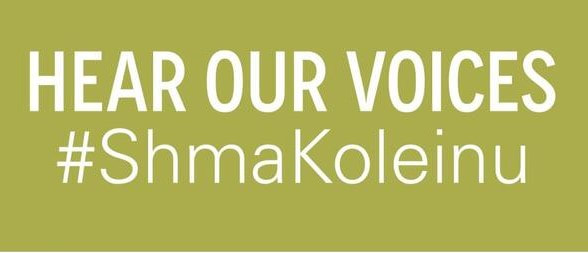
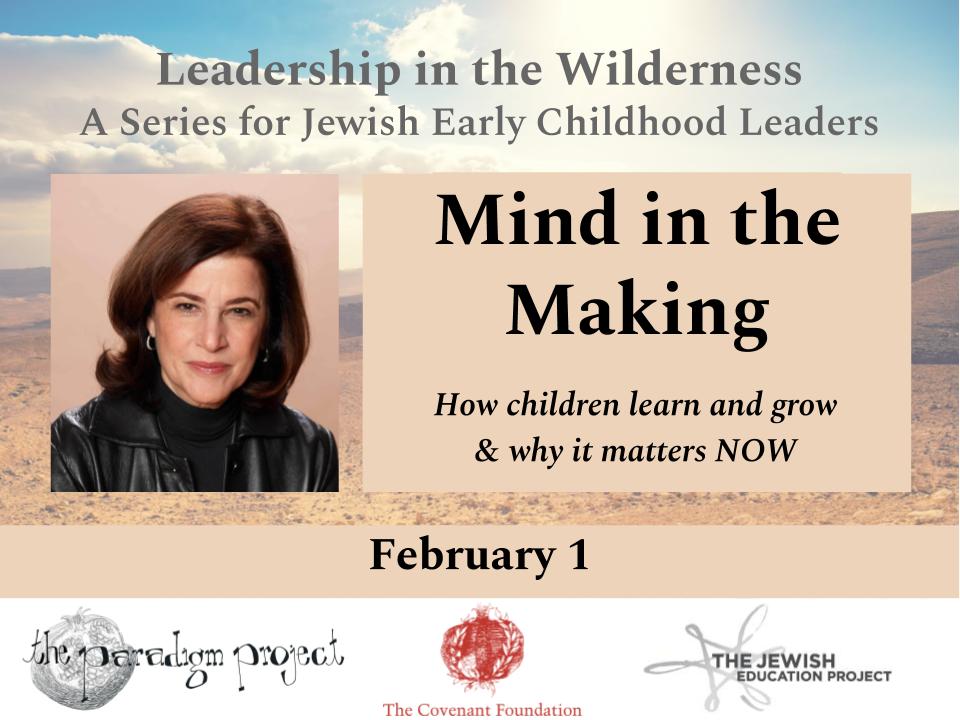
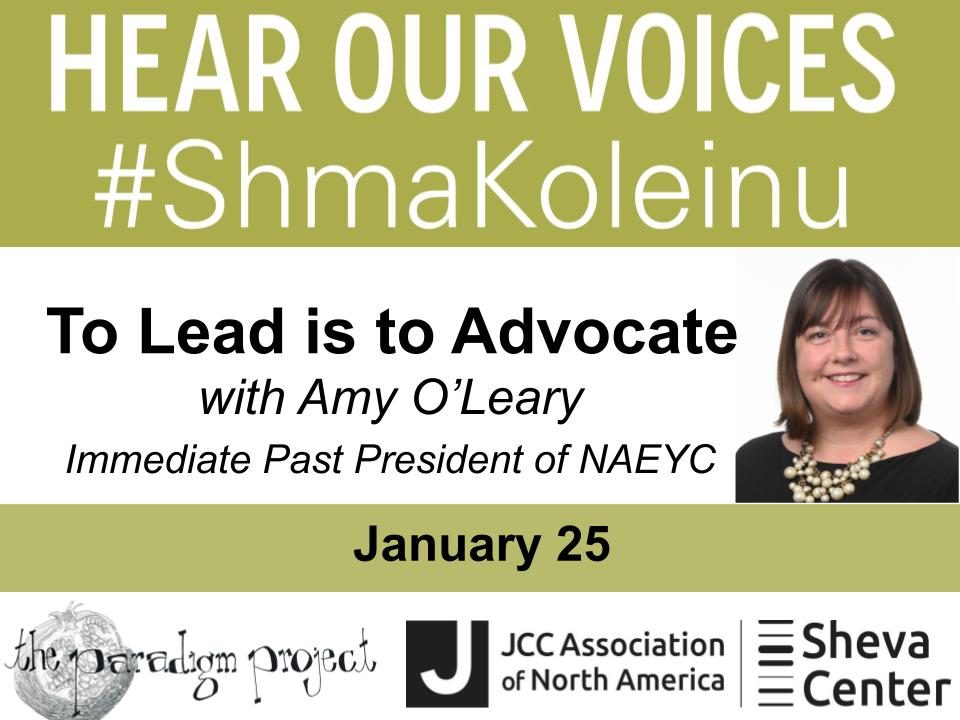
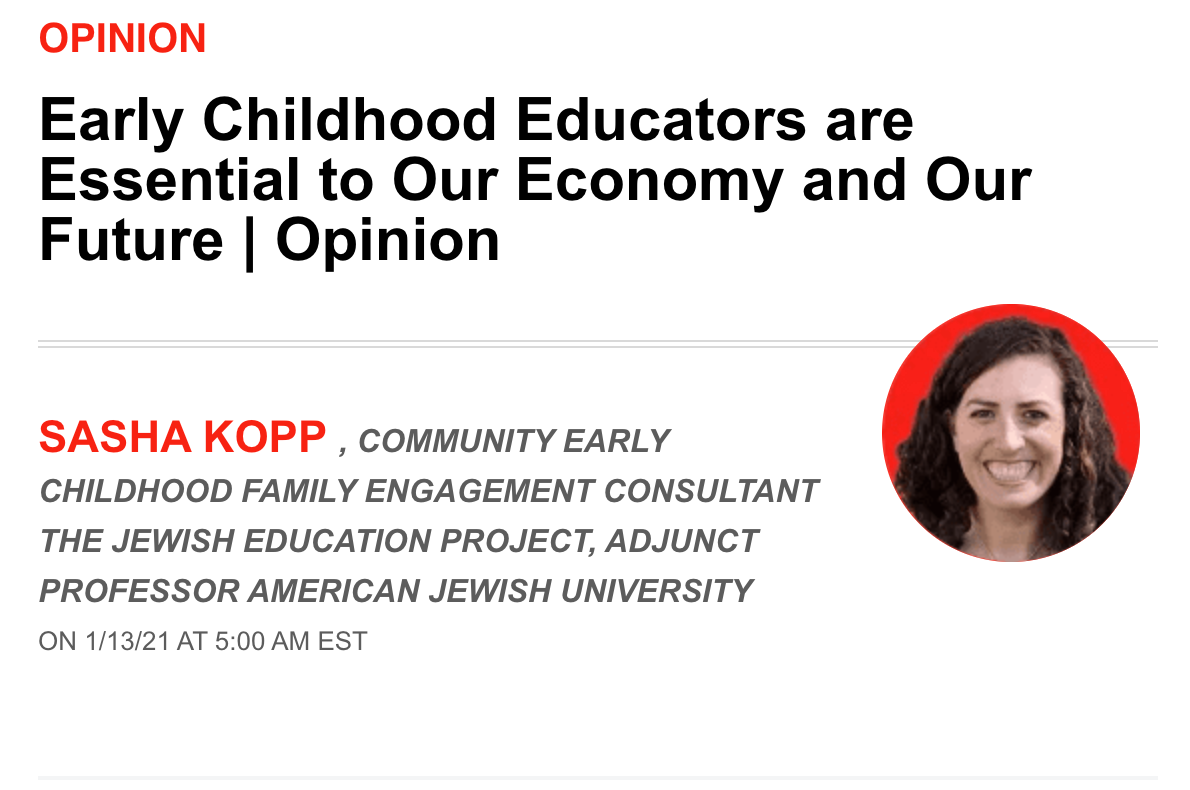
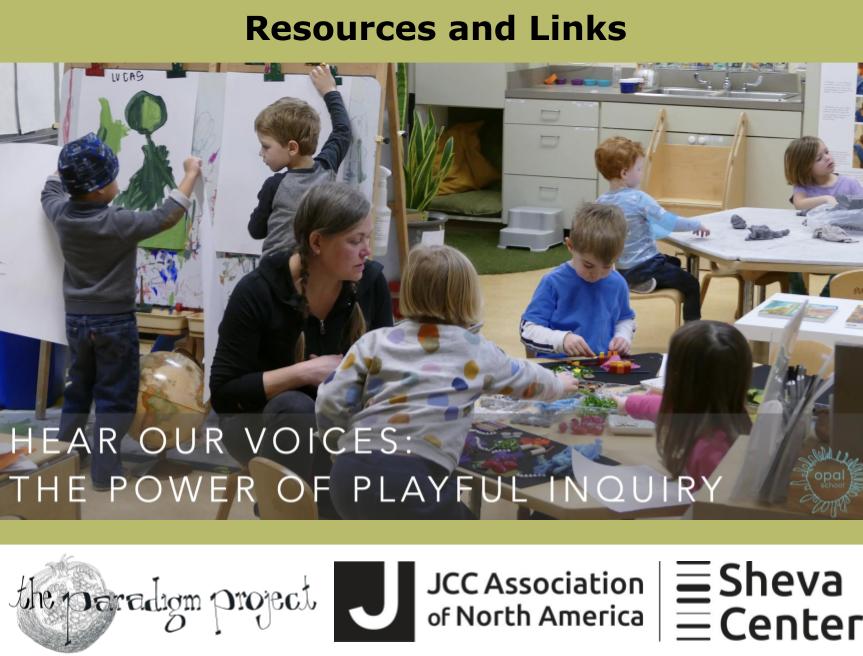
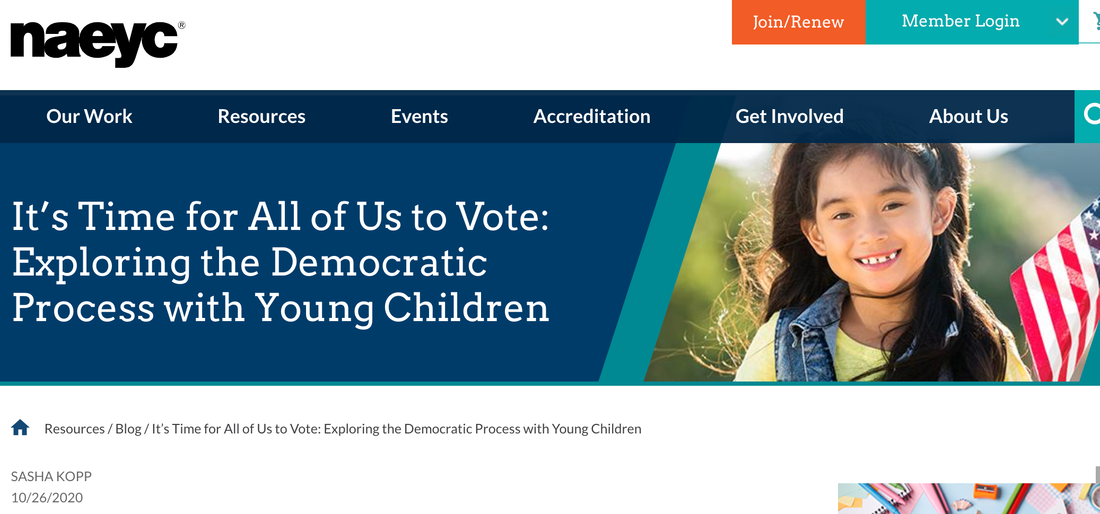
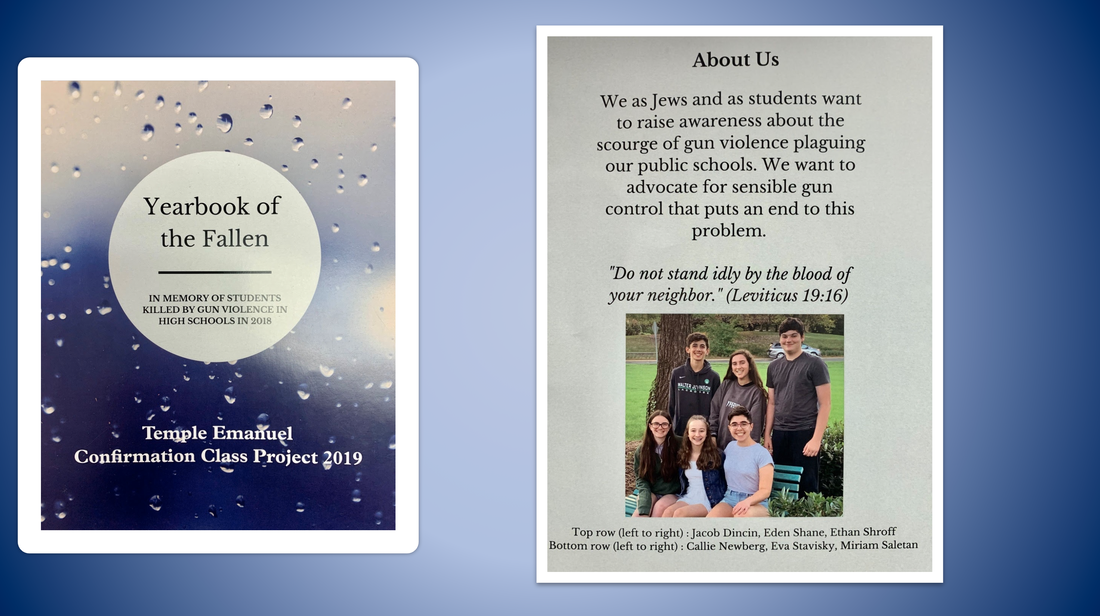
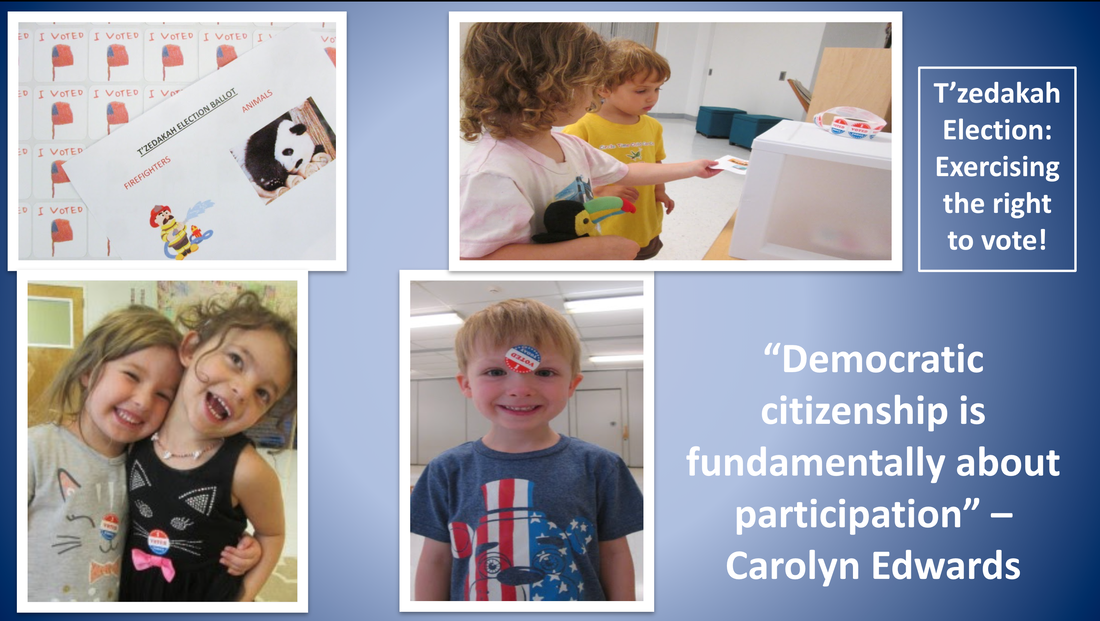
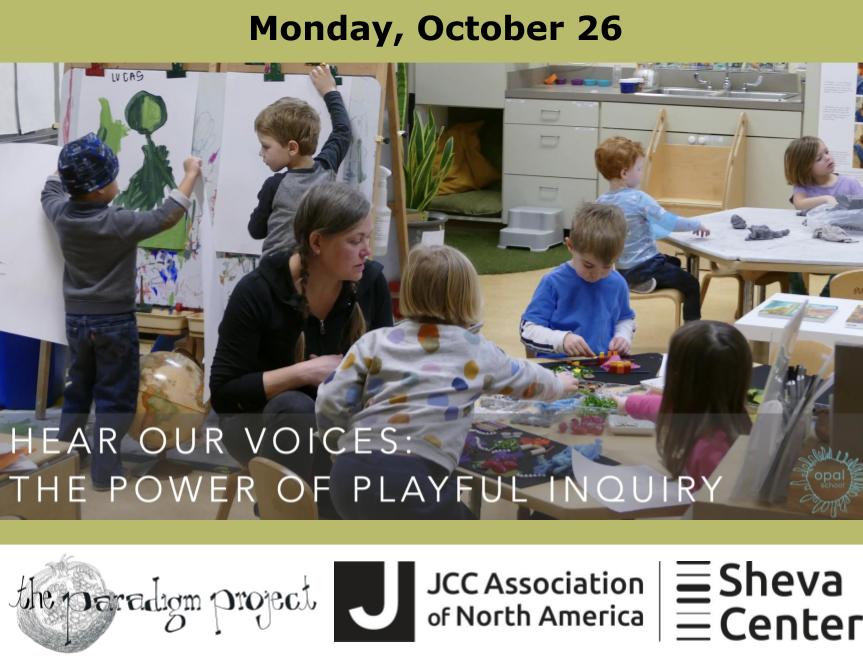
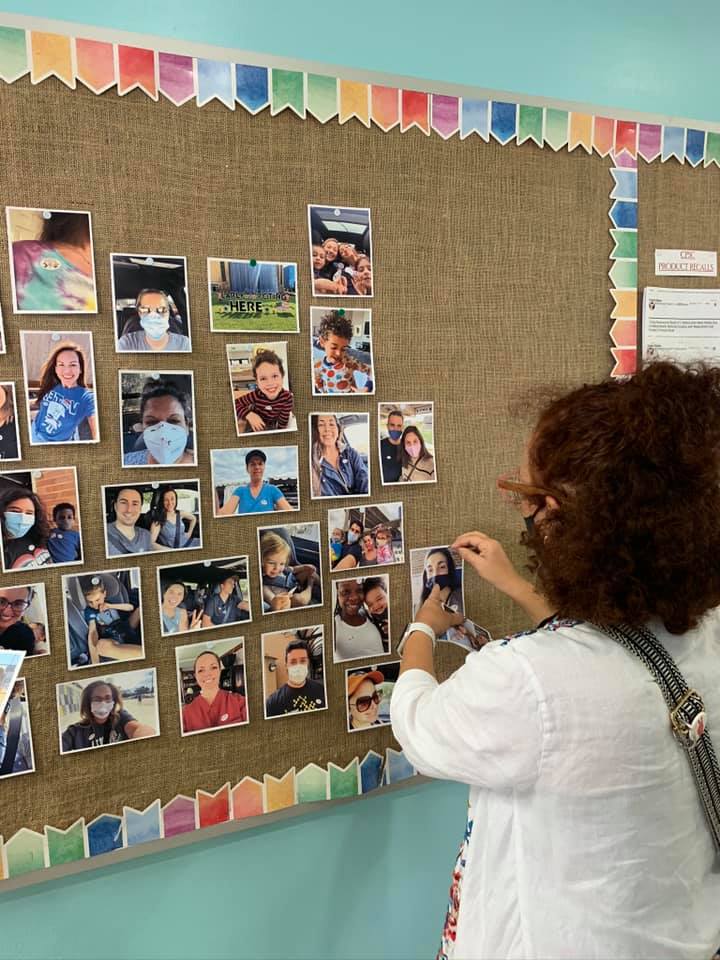
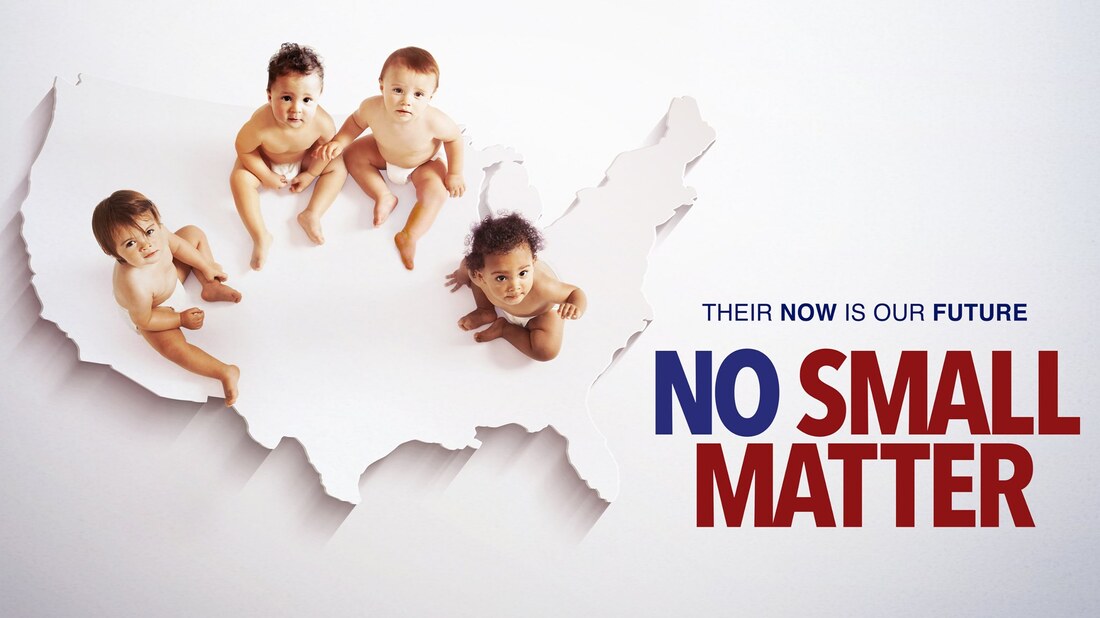
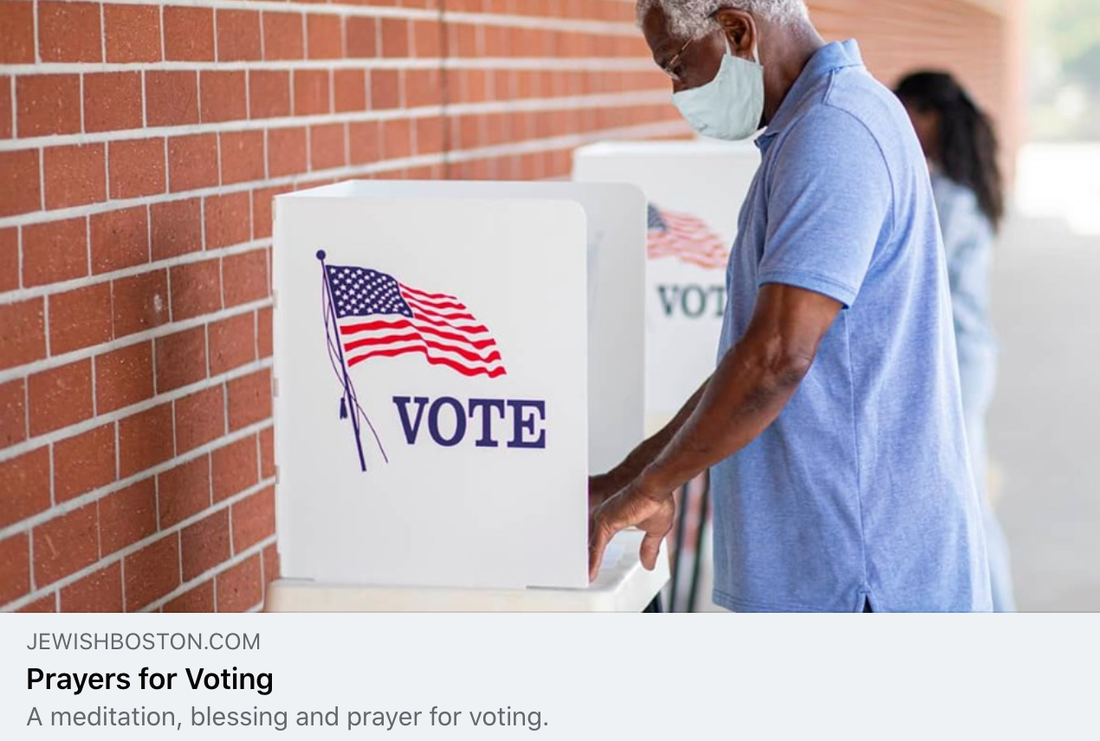
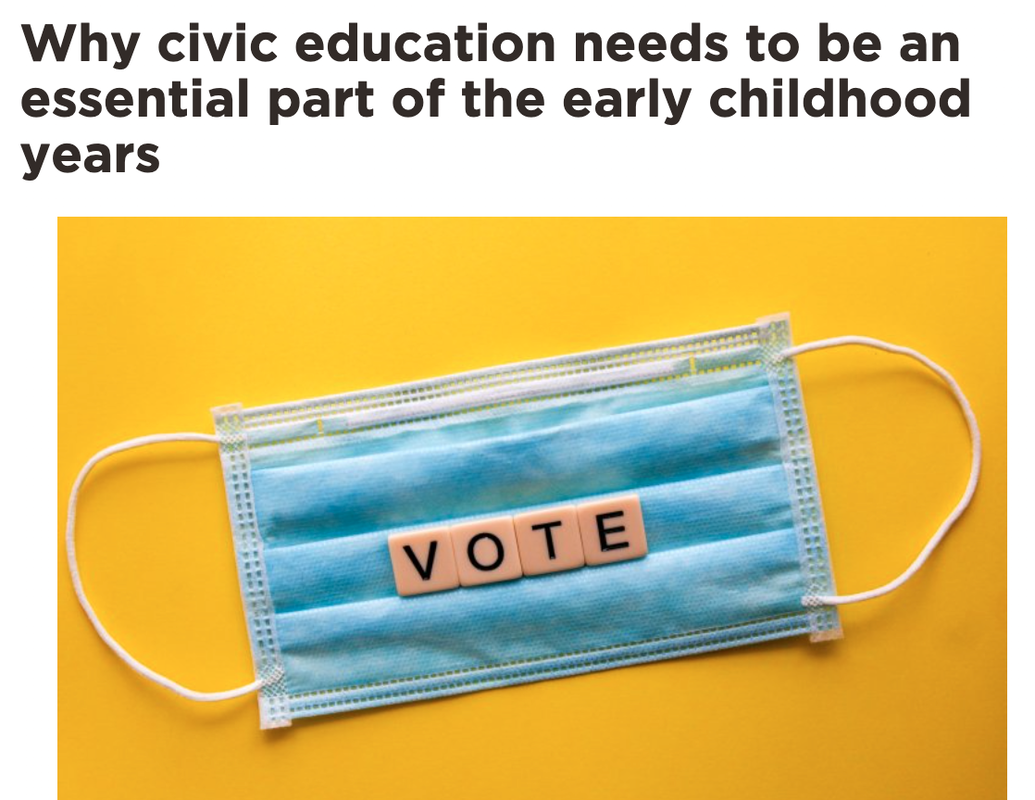
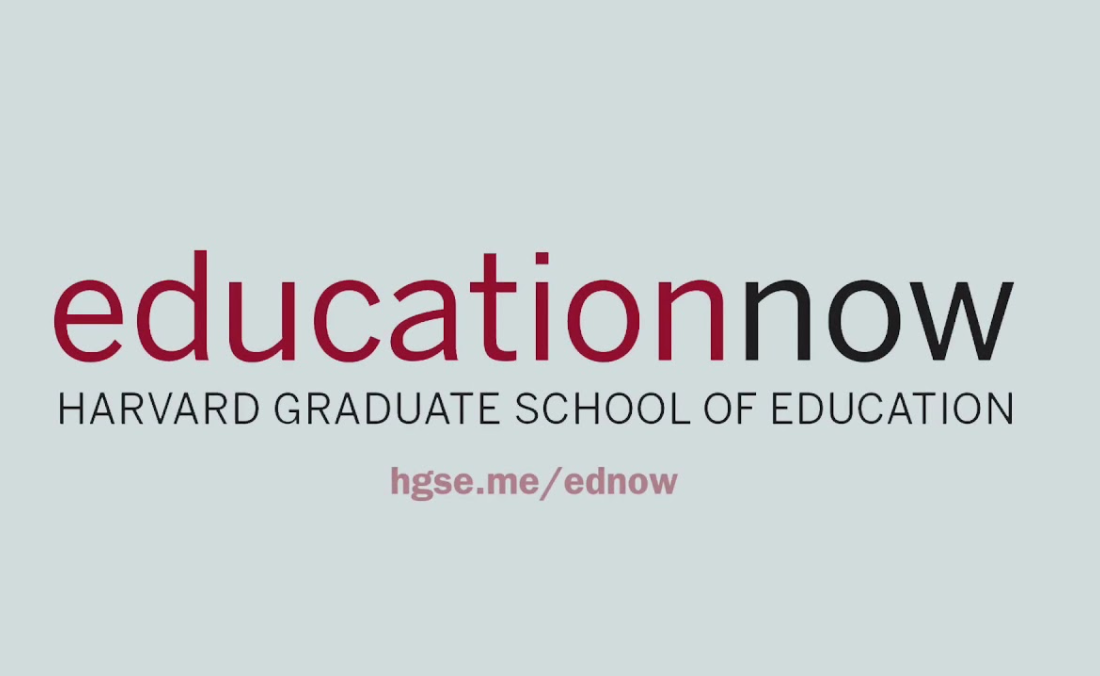
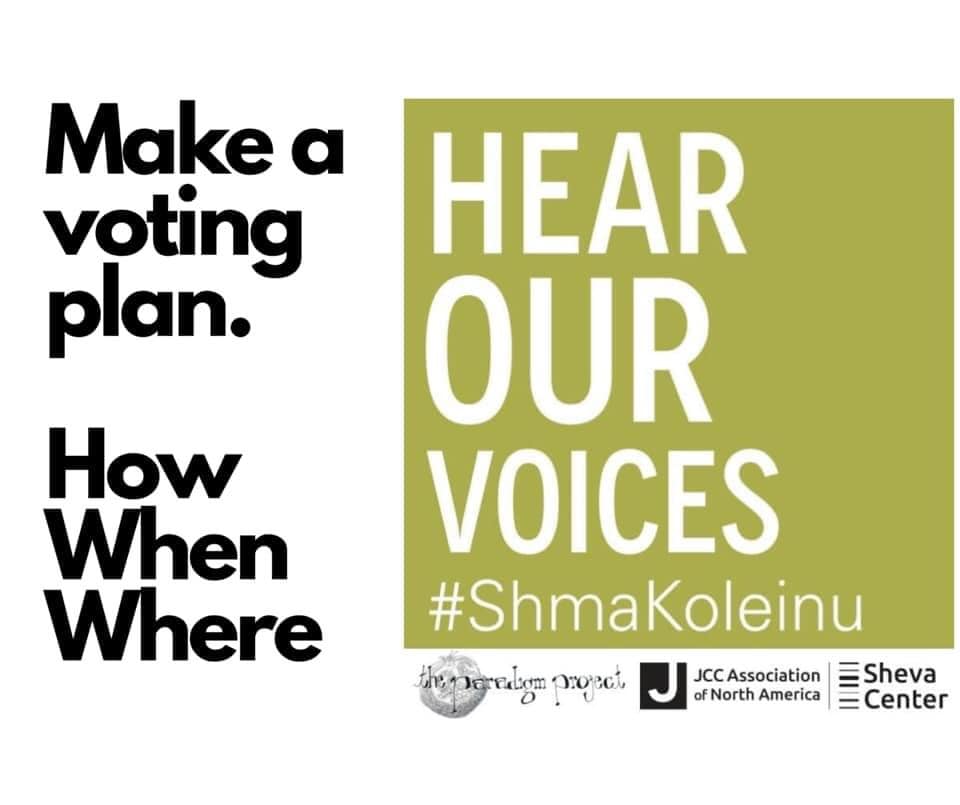
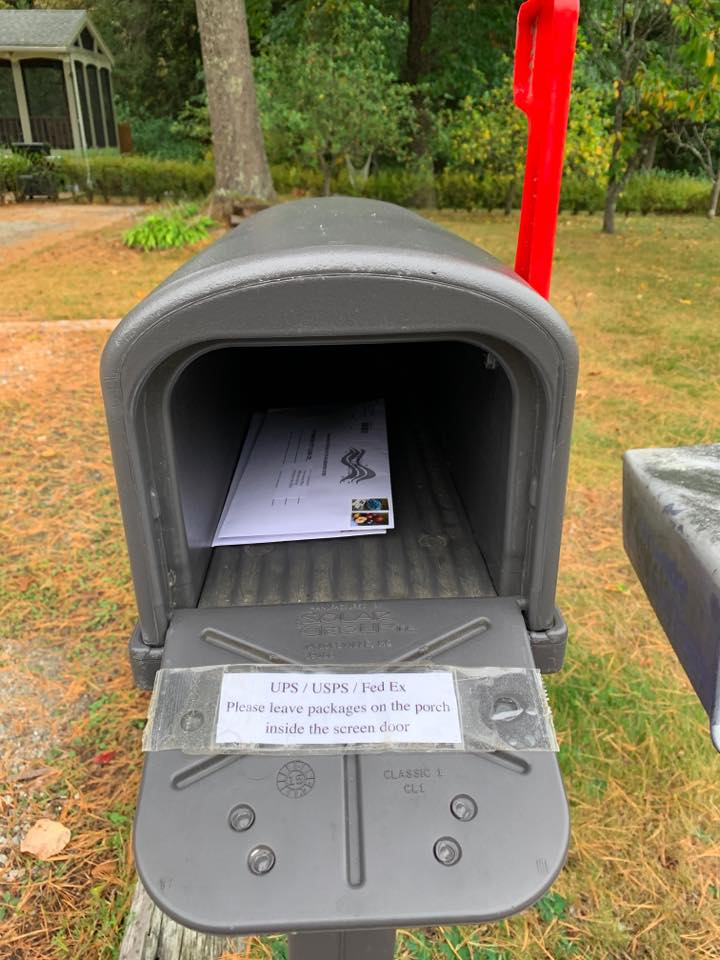
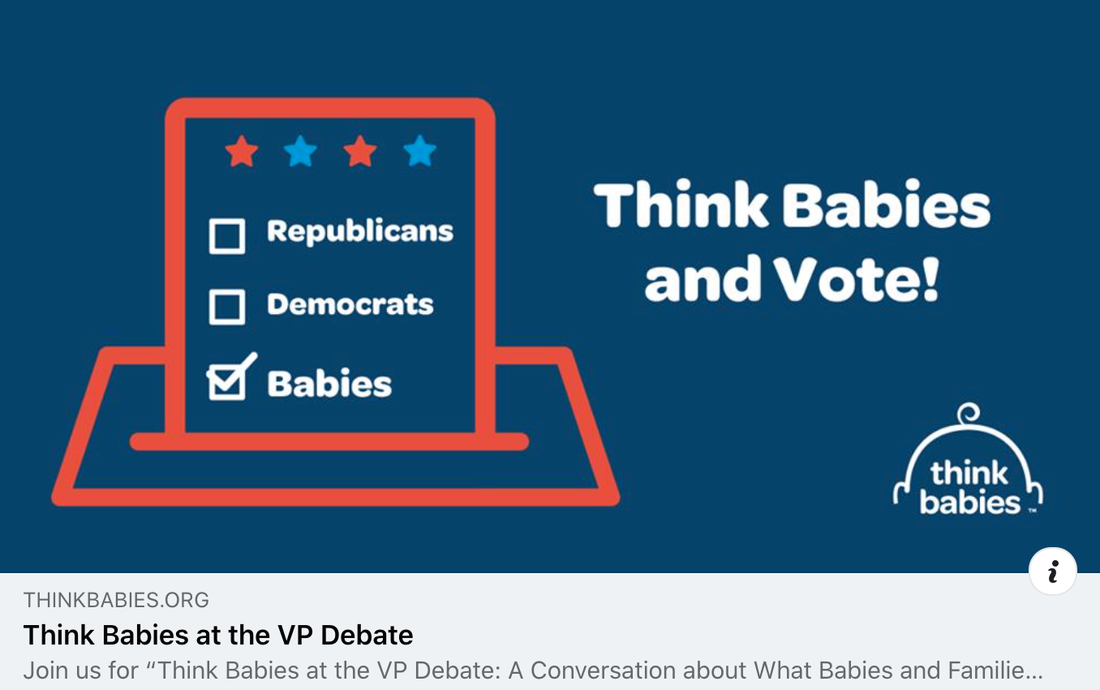
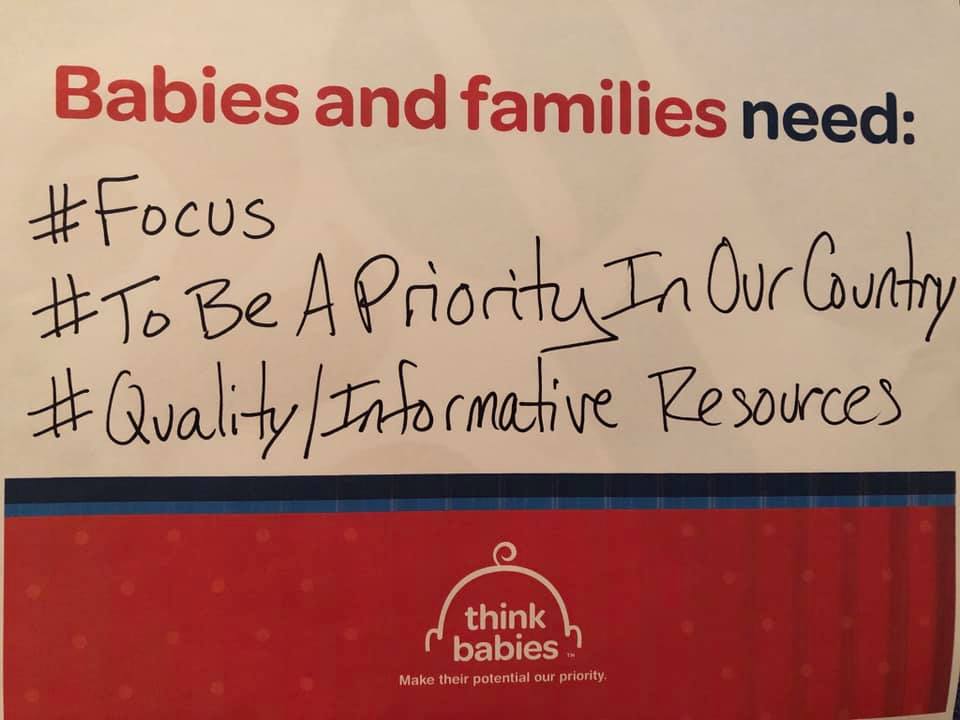
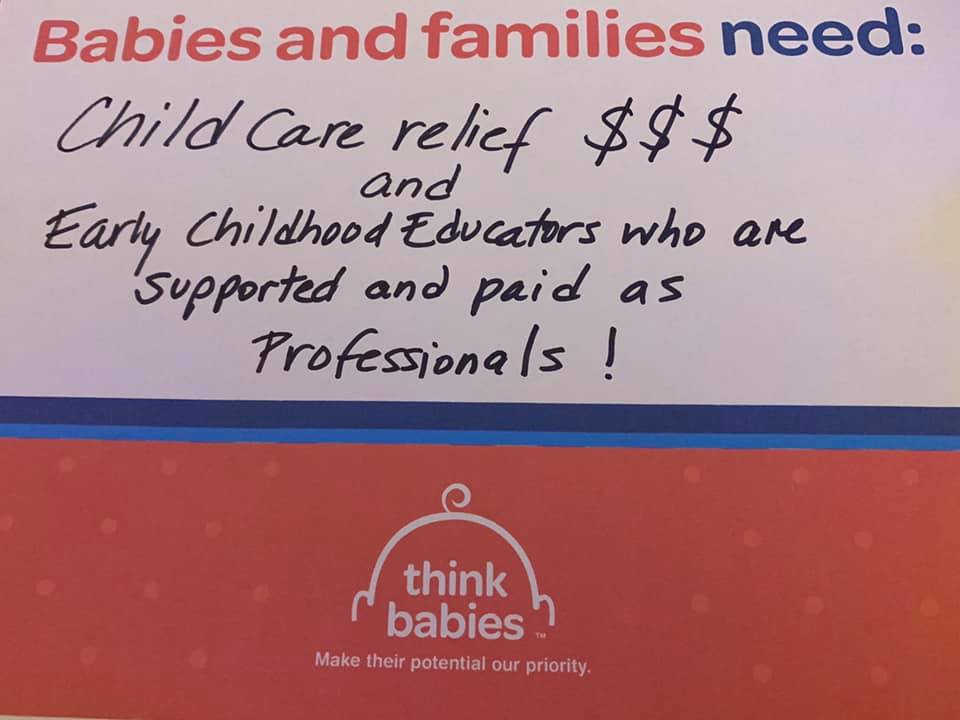
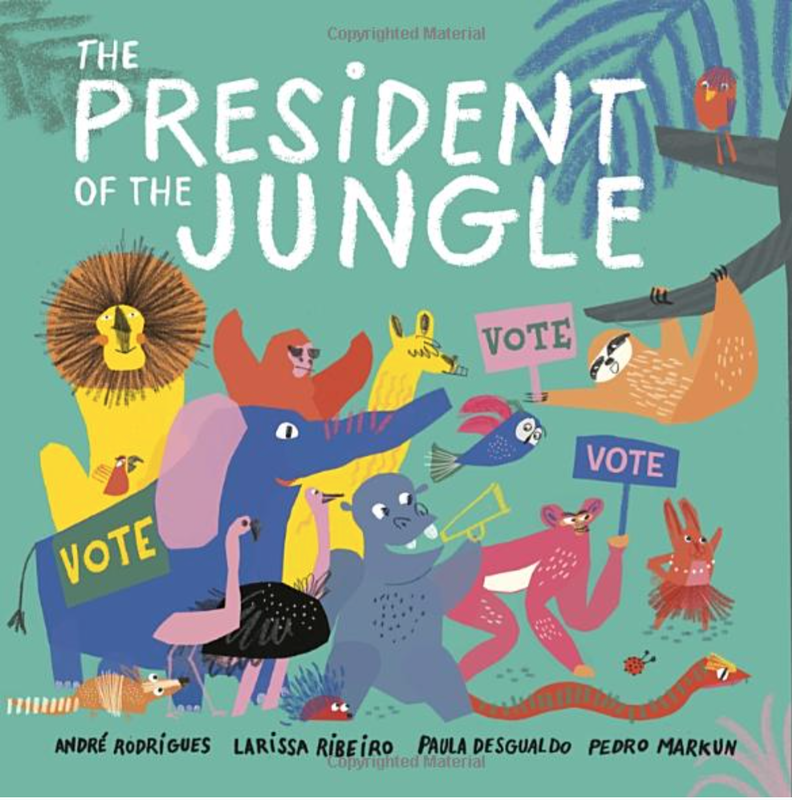
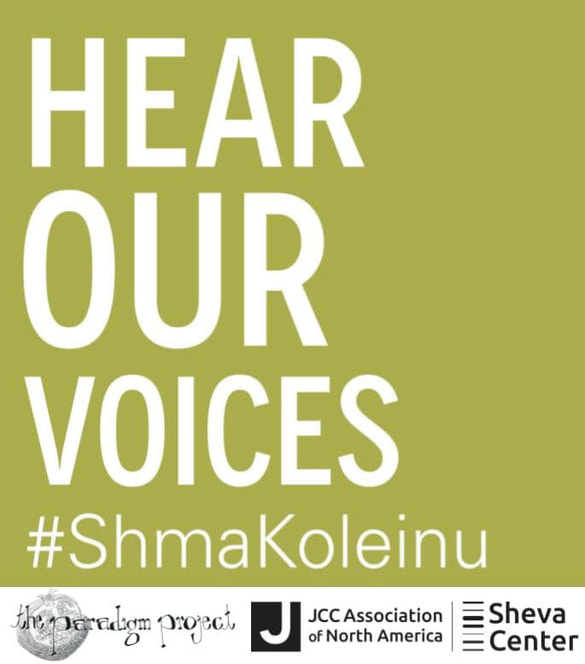
 RSS Feed
RSS Feed